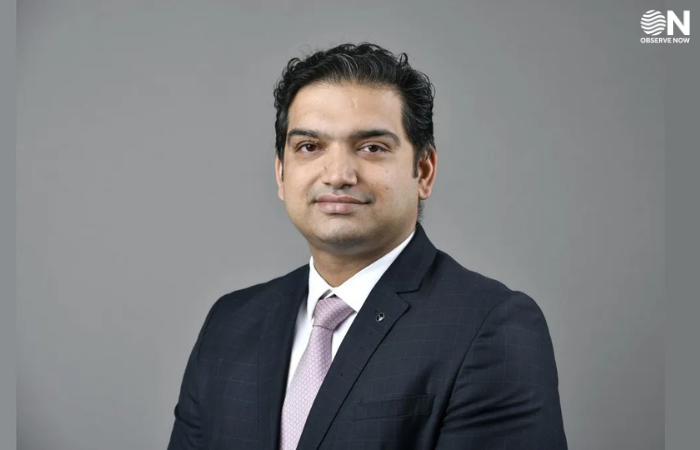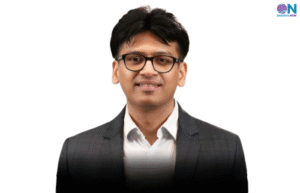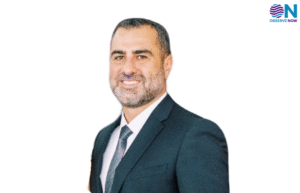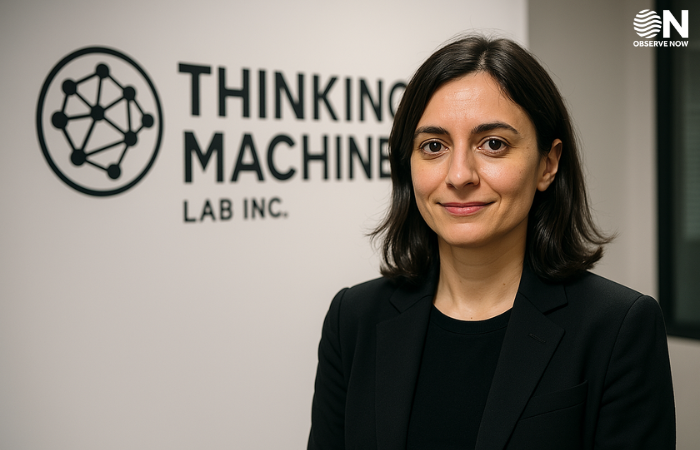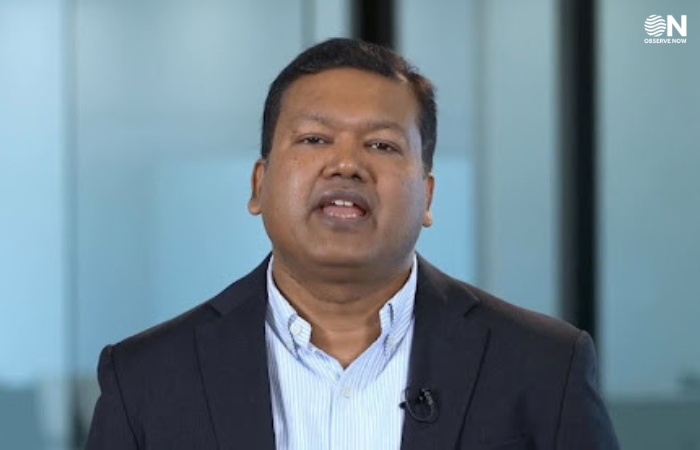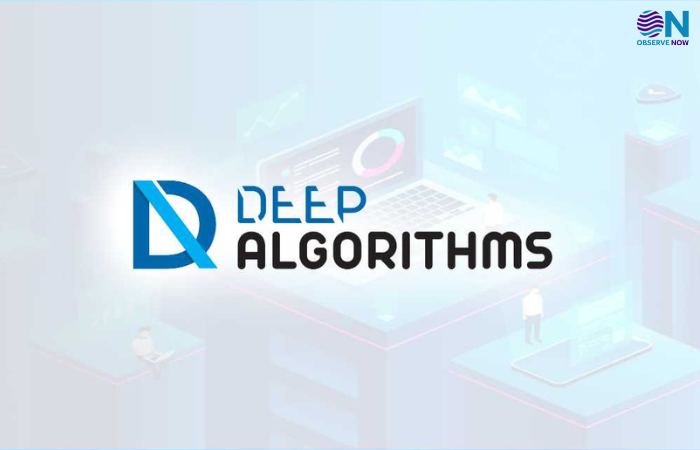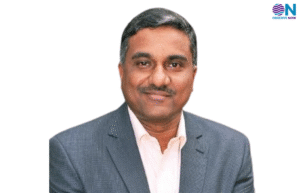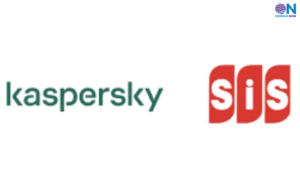AI-first platform MGood secures Strategic Partnership from ObserveNow CEO Jeet Sharma
In a move that blends purpose with digital innovation, Jeet Sharma, Co-founder and CEO of ObserveNow Media, has taken a strategic equity stake in MGood, a health-tech startup aiming to make universal healthcare access a reality by 2029.
MGood, headquartered in India, is building an ambitious mission-driven platform focused on delivering affordable, accessible healthcare—particularly to underrepresented communities that remain disconnected from quality medical services. Their bold initiative, “Doctor for All by 2029,” relies on technology-led solutions like AI-based diagnosis, virtual consultations, and mobile-first platforms that bring healthcare directly to the user’s pocket.
Read more: Top 5 Innovative Tech-Financing Models Revolutionizing Healthcare in India
With Jeet Sharma coming on board not just as an investor but also as a strategic partner, the move signals more than just capital support. “This is about combining media, outreach, and mission. MGood is solving a real problem—bringing trust, tech, and treatment together. I’m excited to support this journey toward universal digital healthcare,” Sharma shared in a statement.
Sharma, who co-founded ObserveNow in 2019, has built a formidable reputation in the B2B media and events ecosystem. Under his leadership, ObserveNow has emerged as a leading knowledge platform for CXOs, tech innovators, and policymakers. With his background in strategy, branding, and ecosystem building, Sharma is expected to contribute more than just financial investment—he’s bringing in networks, market access, and visibility to accelerate MGood’s national and possibly global outreach.
MGood’s approach is already making waves. The platform focuses on tier-II and rural populations who are often excluded from urban-first health solutions. Users can access free primary consultations via verified doctors, manage prescriptions digitally, and consult specialists for a nominal fee—all through a simple mobile interface.
“MGood is solving a real and urgent challenge—how to make trusted, accessible healthcare available to every Indian, regardless of geography or income,” said Jeet Sharma, “What drew me in wasn’t just the tech, but the clarity of purpose. This isn’t charity—it’s scalable impact. I’m here to help amplify that mission and build a bridge between innovation and the people who need it most.”
With respect to this partnership, Ms. Garima Gangal, Chief Operating Officer, MGood stated, “We’re thrilled to announce a strategic partnership with Observe Now, a renowned industry leader in media, organizing events and networking. This collaboration is poised to be a long-term relationship, driving growth and innovation in the healthcare sector.” She added, “Observe Now has consistently pioneered growth platforms, bringing together the right people and opportunities. Together, we’re confident that we’ll make significant strides in providing accessible healthcare services. This partnership aligns with our shared vision of improving healthcare outcomes and expanding reach. We look forward to a fruitful collaboration that benefits both parties and creates lasting impact.”
This partnership also hints at a growing trend of media-tech convergence in impact-driven sectors. As digital media professionals like Sharma step into social entrepreneurship, it reflects a broader shift—where credibility, community, and cause intersect.
As India braces for a healthcare future that’s inclusive, mobile, and tech-first, partnerships like these might just be the force multiplier needed to bridge the last mile. MGood and Jeet Sharma’s collaboration could well set the tone for how purpose-led entrepreneurship looks in a digitally reimagined world.






